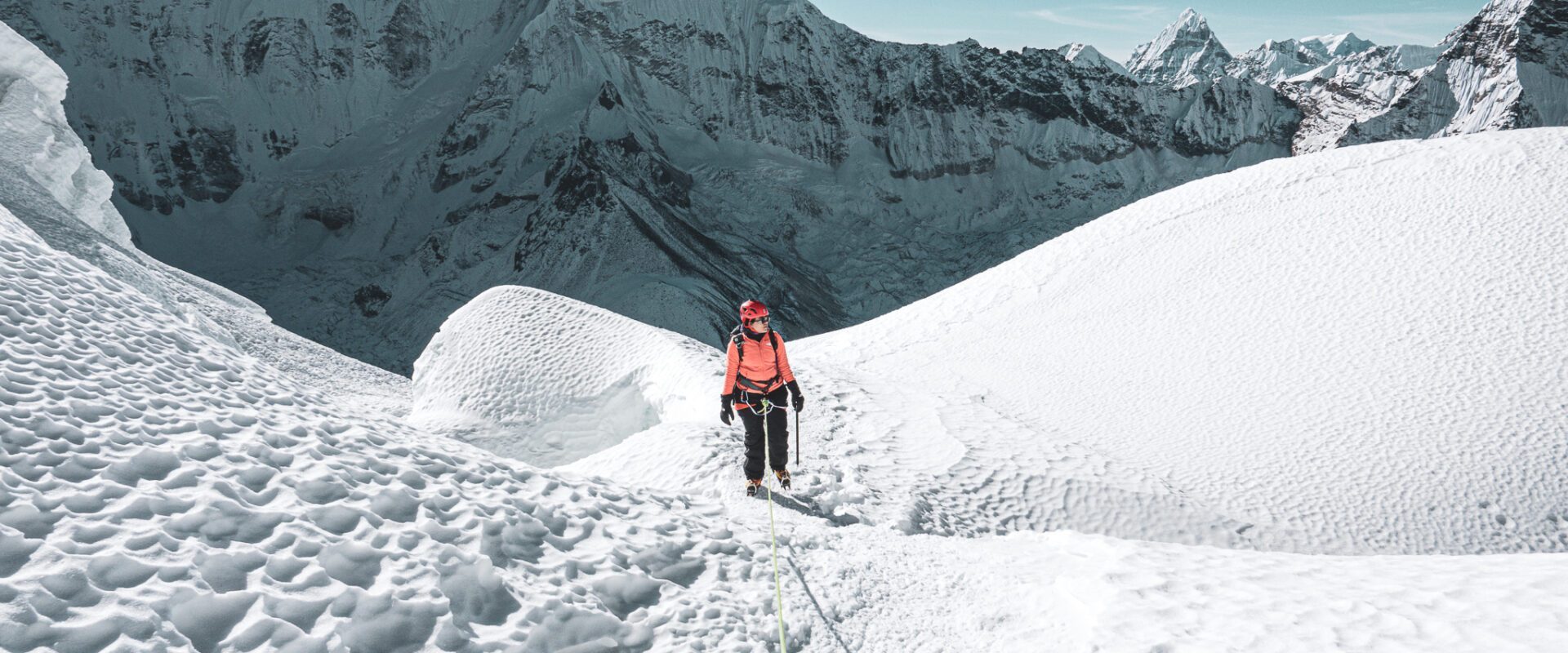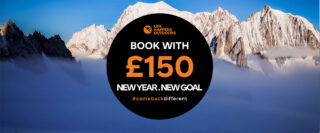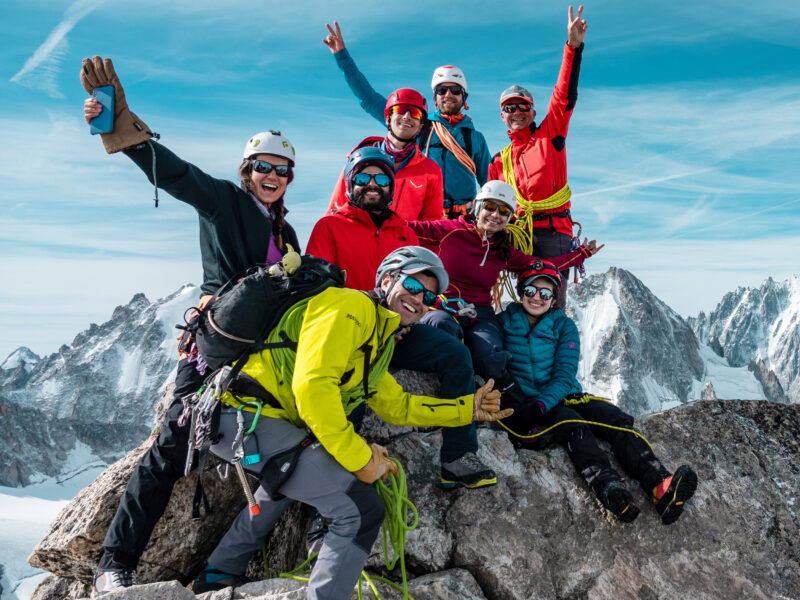BY Hazem El Shamy | August 12 2025
The Complete Guide to Climbing Island Peak

Island Peak (Imja Tse) rises 6,189 metres in Nepal’s Everest region. Known for its striking pyramid shape, it offers a thrilling introduction to Himalayan mountaineering. This guide covers everything you need to know—from route details to training, gear, and what to expect on the climb.
Where Is Island Peak?
Island Peak sits in the Imja Valley, surrounded by giants like Lhotse and Ama Dablam. The trek to its base passes through Sherpa villages, forests of rhododendron, and the famous town of Namche Bazaar.
Best Time to Climb
The two main climbing seasons are:
- Spring (March to May) – Warmer temperatures and blooming landscapes
- Autumn (October to November) – Clear skies and stable conditions
Both seasons offer excellent visibility, but temperatures drop sharply at night.
Route Overview
Most expeditions follow the classic route:
- Lukla to Base Camp – About 9–12 days of trekking with acclimatisation stops, often including Everest Base Camp or Kala Patthar.
- Island Peak Base Camp to High Camp – A short but steep climb.
- Summit Day – Glacier travel, a steep headwall, and a final ridge to the summit.
Training for the Climb
Success on Island Peak depends on a mix of endurance, strength, and technical skill. Prepare with:
- Long hikes carrying a backpack
- Leg and core strengthening exercises
- Practice with crampons, ice axe, and rope systems
Gear Checklist
Essential items include:
- Mountaineering boots compatible with crampons
- Harness, helmet, and belay device
- Ice axe and climbing hardware
- Insulated gloves, down jacket, and layering system for cold mornings
- Headlamp and spare batteries
Many climbers rent technical gear in Kathmandu, but personal clothing should be high quality.
Altitude and Acclimatisation
Island Peak’s altitude can cause headaches, nausea, and fatigue. Acclimatisation days and a gradual ascent are key. Hydration, steady pacing, and listening to your body help reduce risk.
Life on the Mountain
You’ll stay in teahouses during the trek and camp at base or high camp before the summit. Meals are hearty but simple—think dal bhat, noodles, and hot tea.
The Summit Experience
The final push starts in the early hours. You’ll cross the glacier under starlight, climb the headwall with fixed ropes, and reach the summit as the first rays of sun touch the Himalayas. From the top, the views stretch across the Everest region—a reward worth every step.
Final Thoughts
Climbing Island Peak is a journey that blends trekking, technical climbing, and cultural immersion. With preparation, patience, and the right mindset, it’s an unforgettable adventure in the heart of the Himalayas. It’s also flexible—mountains have their own rhythm, and part of the journey is adapting to it.
About The Author
Hazem is an avid high altitude mountaineer and adventurer that has helped lead hundreds of climbers to summits across the Himalayas, Andes, Atlas, and Caucus mountain ranges. He believes that inspiration is best served on a sharp ridge 6000 meters up in the sky, and is committed to making big mountain goals more achievable to the everyday climber.
About Life Happens Outdoors
At Life Happens Outdoors, we believe in the power of nature to transform lives. As proud members of the Adventure Travel Trade Association (ATTA) and the World Travel & Tourism Council (WTTC), our team of certified guides and outdoor professionals is committed to the highest standards of safety, sustainability, and excellence.
Discover more about our story and mission on our Meet LHO page, or explore our curated adventures such as the Tour du Mont Blanc Trek, the Climb of Kilimanjaro, and Chasing the Northern Lights.















